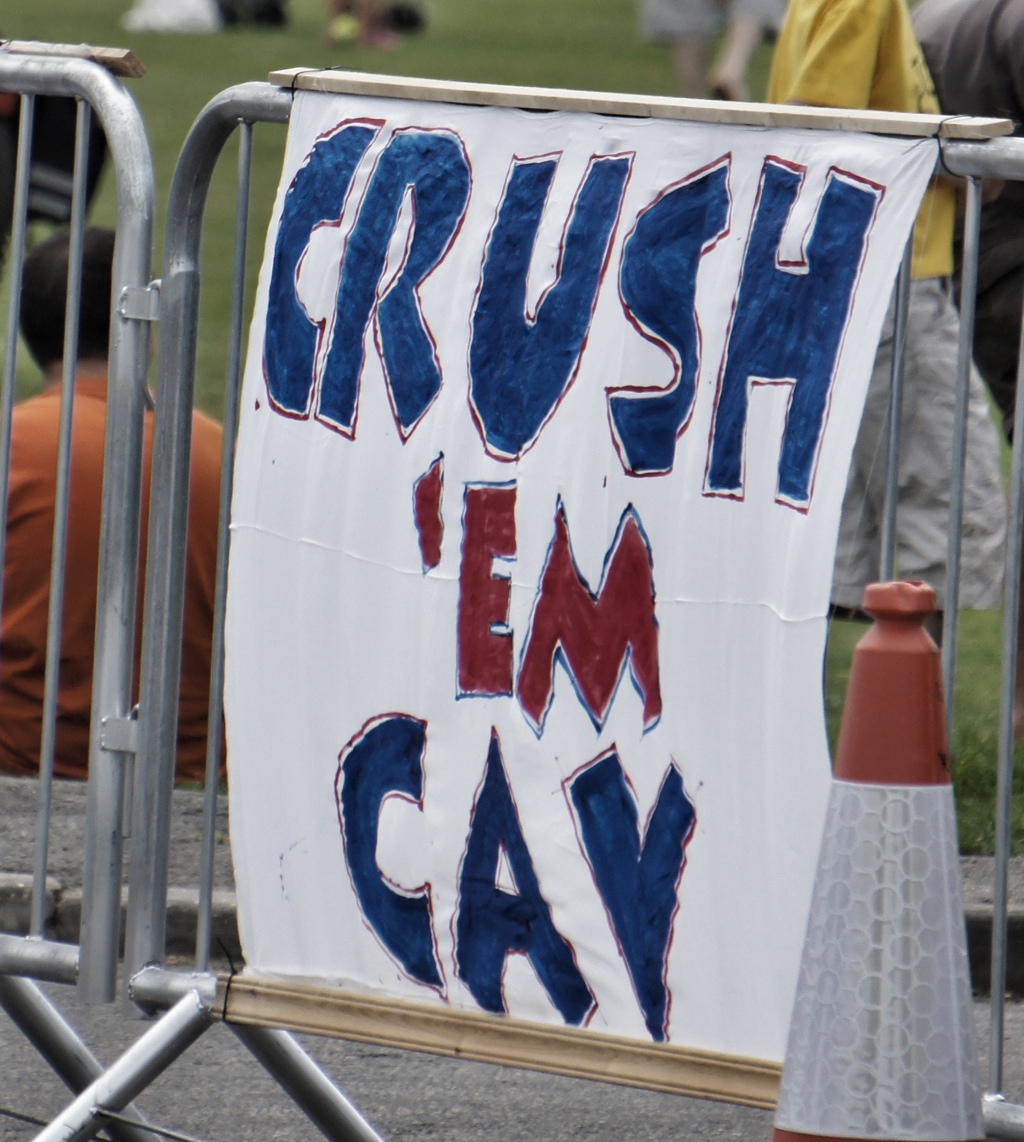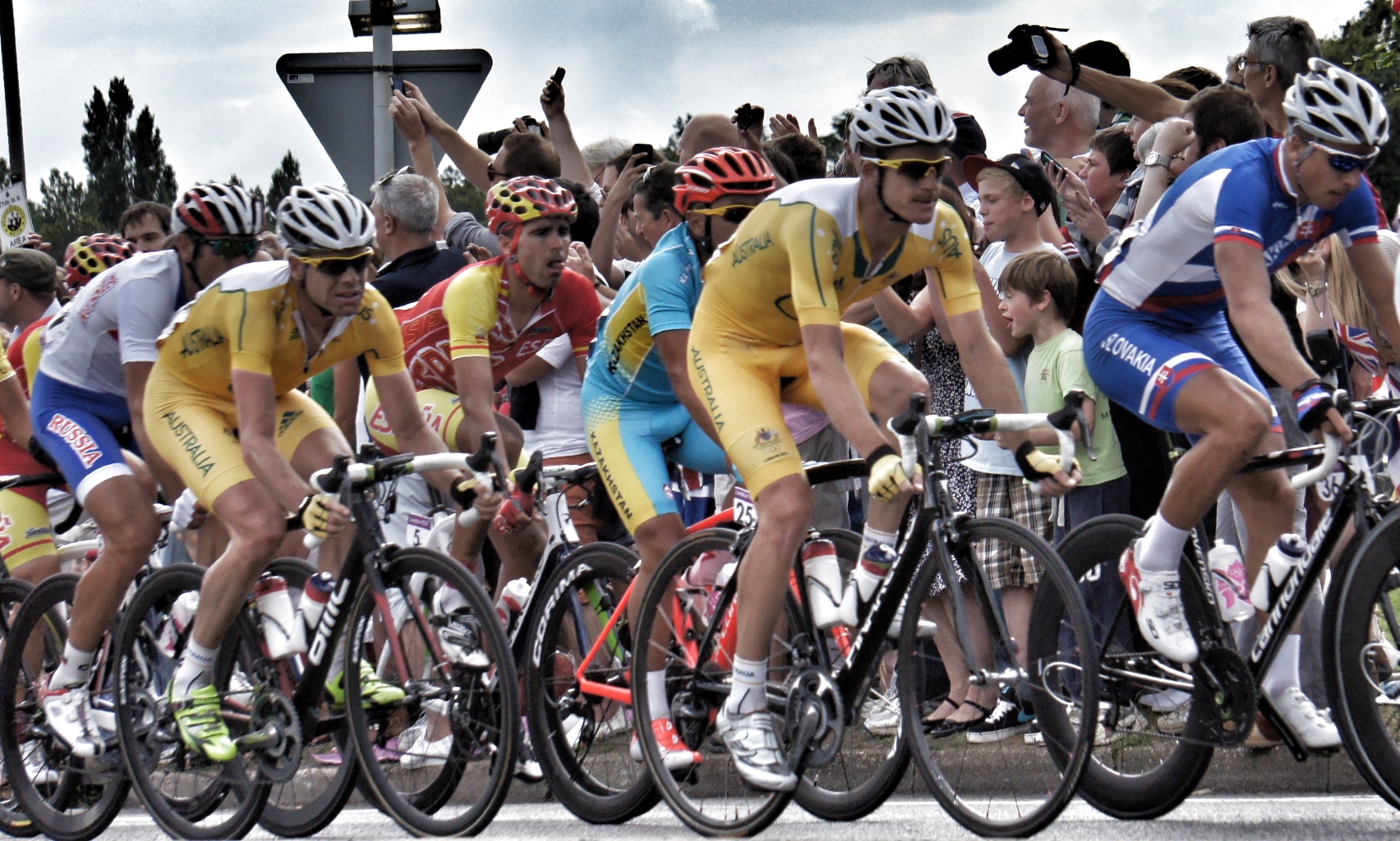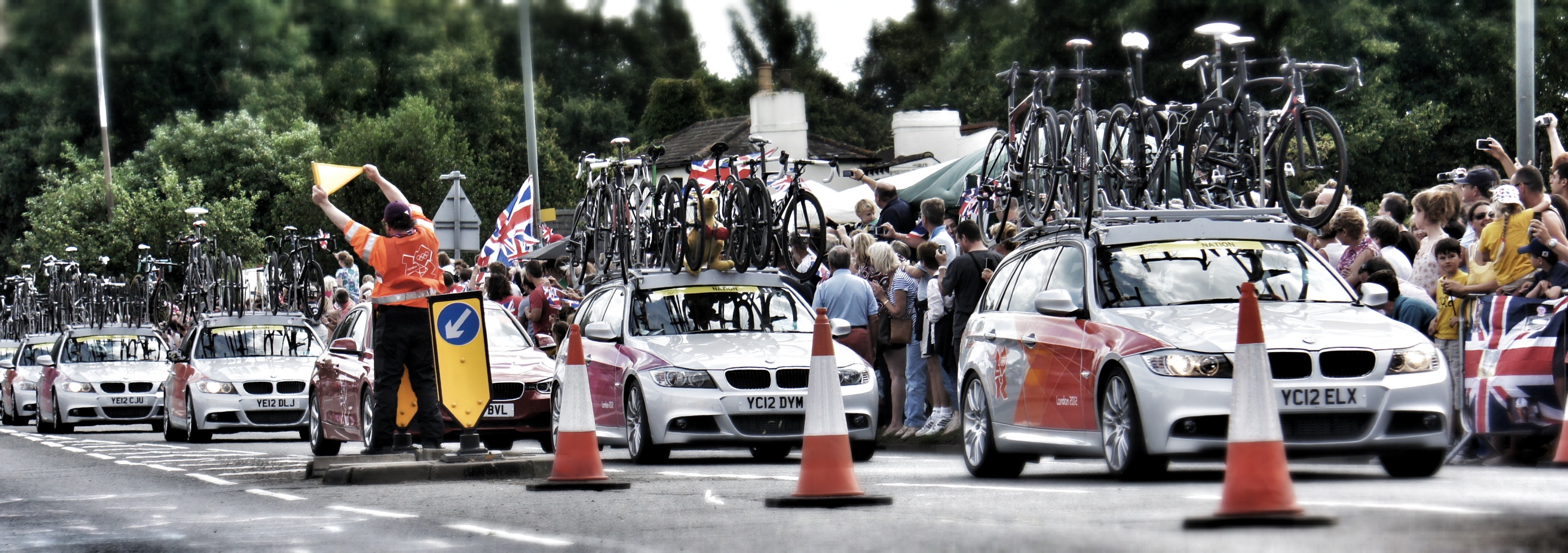Footballers and politicians have all done their best to keep race and multiculturalism in the news. I don’t seek to provide commentary on what this means about the state of our country or our society, my issue is this: at a time when people move across the globe more than ever before, when we’re hosting the largest event in the world, when our capital is one of the most diverse places on earth, those with the loudest voices are still obsessed by, and trading in, blocks.
Let’s start with footballers. If John Terry’s trial showed us anything it was how common obscene language, of all kinds, is on the football pitch. Rio Ferdinand, however, took it one step further by throwing the term choc ice via Twitter in the direction of Ashley Cole. Choc ice was a new but instantly recognisable term to me. Growing up in West London in the 90s, the preferred equivalent among Indians was coconut. Both items have the desirable structure of being dark on the outside and white on the inside.
If Coconut was the term shot at those deemed as not Indian enough, there were equivalent terms for people deemed too Indian as well. Quite often those who were thought to be too traditional were referred to as pendus (based on the word pendu which technically means villager but more commonly means simpleton in Punjabi). So, you could be too Indian or not Indian enough.
If that’s an example of how some people from ethnic minorities try and force others to fit a certain mould, then there are plenty of examples from outside ethnic minorities too. Aidan Burley, Conservative MP for Cannock Chase, was so worked up by what he perceived to be left-leaning bias during the open ceremony of the London Olympics, that he tweeted the following:

Right in the middle of his tweet he agitates against leftie multi-cultural crap. Now, many people would think it unwise for an MP to tweet something like that. Bearing in mind this MP in particular has already had his political career dented because he went on a stag do where guests dressed as Nazis, it was a particularly poor choice.
The most disappointing part of Mr Burley’s tweet is that he equates multi-culturalism with the Left. I hope he sent a note to his Conservative colleagues with this little bit of insight. I’m sure Conservative Party Co-Chairman, Baroness Warsi, would love to know that she’s accidentally joined the wrong party. That she actually should be a leftie. No doubt Burley’s fellow West Midlands Conservative MP, Nadhim Zahawi, would be keen to learn more about exactly where he fits on the political spectrum.
Burley is no different from those who throw around terms like choc ice. They attempt to peg people into a specific box using simple generalisations based on race. They see the world in a particular way and seek to fit everything and everyone into little boxes that neatly fit their view. It’s lazy, but also damaging. It perpetuates the politics of race. It seeks to define what people of a particular skin colour ought to be like and make them that way. It’s racist, it’s wrong and, thankfully, the world isn’t how they perceive it to be.
UPDATE: This post was cross-posted HERE on the Liberal Conspiracy blog. Please do join in the debate on this issue over there.










